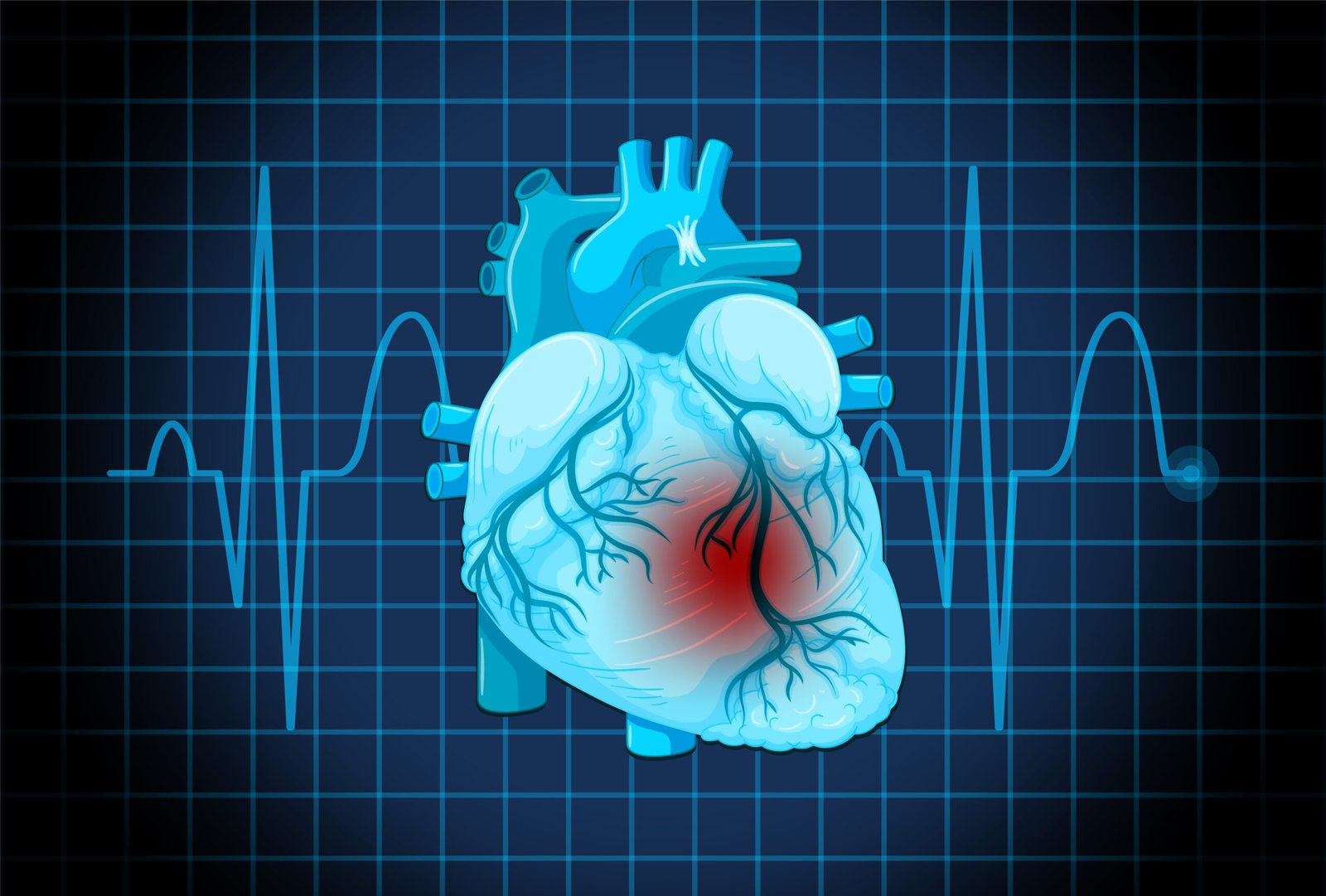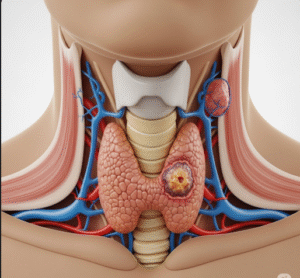Overview
Cardiac arrhythmias are abnormal heart rhythms that occur when the electrical signals controlling the heartbeat function improperly. They can cause the heart to beat too fast, too slow, or irregularly. In Korea, arrhythmias are increasingly diagnosed due to advanced screening technologies and an aging population. With modern medical facilities and experienced cardiologists, patients in Korea receive high-quality care, including minimally invasive procedures and advanced medical therapies.
What is Cardiac Arrhythmia?
A cardiac arrhythmia is a condition where the heart’s rhythm becomes irregular, leading to symptoms such as palpitations, dizziness, chest pain, or even fainting. While some arrhythmias are harmless, others can be life-threatening, requiring immediate medical attention.
Symptoms
- Palpitations (feeling of skipped or rapid beats)
- Dizziness or lightheadedness
- Chest pain or discomfort
- Shortness of breath
- Fainting (syncope)
- Fatigue or weakness
Causes
- Coronary artery disease
- High blood pressure
- Cardiomyopathy
- Electrolyte imbalances (e.g., potassium, magnesium)
- Thyroid disorders
- Heart valve disease
- Excessive alcohol, caffeine, or drug use
- Genetic predisposition
Risk Factors
- Older age
- Hypertension
- Diabetes
- Heart disease
- Sleep apnea
- Family history of arrhythmias
- Smoking and alcohol consumption
- Stress or stimulant use
Complications
- Stroke (especially with atrial fibrillation)
- Heart failure
- Cardiac arrest
- Sudden death
- Reduced quality of life due to persistent symptoms
Prevention
- Manage high blood pressure, diabetes, and cholesterol
- Avoid smoking and limit alcohol
- Maintain a healthy diet and regular exercise
- Reduce stress through relaxation techniques
- Avoid excessive caffeine and stimulant drugs
- Regular medical check-ups and heart monitoring
Treatment Options in Korea
South Korea offers advanced care for cardiac arrhythmias, combining modern diagnostic tools and innovative treatments.
Diagnosis
- Electrocardiogram (ECG)
- Holter monitoring
- Echocardiography
- Electrophysiological studies
- Blood tests for thyroid and electrolytes
Medical Treatment
- Antiarrhythmic drugs (e.g., amiodarone, flecainide)
- Blood thinners (anticoagulants) for stroke prevention
- Beta-blockers and calcium channel blockers for rate control
Procedural & Surgical Options
- Catheter ablation (widely performed in Korea with high success rates)
- Pacemaker implantation for slow heart rhythms
- Implantable cardioverter defibrillator (ICD) for life-threatening arrhythmias
Hospitals & Specialists in Korea
- Seoul National University Hospital, Asan Medical Center, and Samsung Medical Center are leaders in arrhythmia care.
- Specialized cardiac electrophysiology units are available for advanced ablation and device implantation.
Public Health Approach
- Nationwide awareness campaigns on heart disease prevention
- Routine heart check-ups encouraged, especially for elderly populations
- Telemedicine and wearable device integration for real-time arrhythmia monitoring













